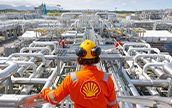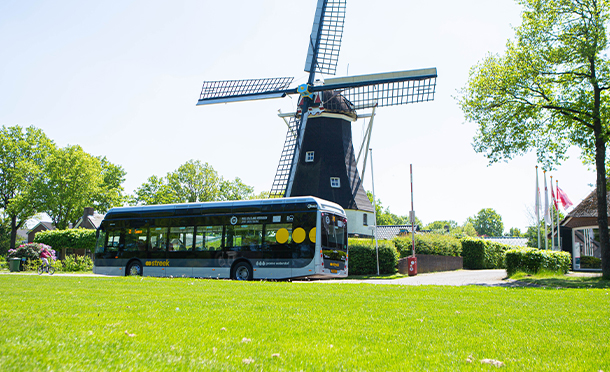Building new supply chains
We are building a material power business. By 2030, we aim to sell around 560 terawatt hours of electricity per year. This is more than twice the electricity we sell today.
We provide electricity and smart energy solutions to residential, commercial and industrial customers through direct electricity sales, and services such as electricity storage. We had 1.6 million retail customers worldwide by the end of February 2022, compared with 900,000 at the end of 2020. This increase is largely because we added more than 500,000 retail customers in the UK in 2021, and around 185,000 retail customers In Australia following our acquisition of PowerShop in 2022. Our largest markets for commercial and industrial customers are in Australia and the USA.
In addition to the investments we have made in building our customer base, we are also investing in building our generation capacity. We have 4.7 GW of renewable generation capacity in operation, under construction and/or committed for sale. We have a further 38 GW of renewable generation capacity in our pipeline of future projects.
We have added to our renewable generation capabilities by acquiring Savion, a US-based solar and energy storage specialist; Solar-Konzept Italia, an Italian solar specialist; and WestWind, a wind specialist based in Australia.
Shell is one of the leading developers of floating wind farms in the world with prototypes, pilot farms and commercial-scale projects in development in France, Ireland, Norway, Scotland and South Korea.
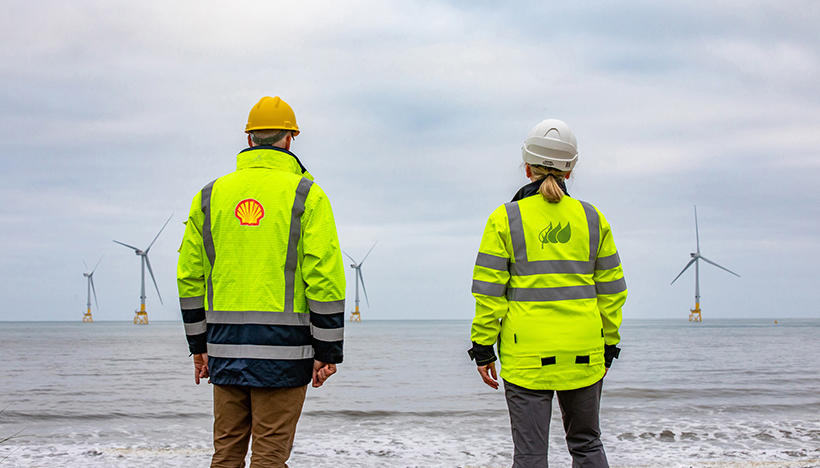
We are expanding our hydrogen projects to serve sectors such as road freight, steel and cement. These projects include the production, storage and shipping of hydrogen.
As we grow, we are using Shell’s integrated businesses to connect the different parts of the hydrogen system, from offshore wind to power the electrolysers that produce hydrogen, to using hydrogen in our energy and chemicals parks and eventually, supplying it through our retail network.
We are increasing our capacity, investing in infrastructure and helping to increase the scale and the adoption of hydrogen across different sectors. We have increased our total electrolyser capacity from 2 MW to 30 MW, 10% of the global capacity of installed electrolysers in 2020, according to the International Energy Agency (IEA).
We have added a 20 MW electrolyser in China, which at the time was the largest in the world, and a 10 MW proton exchange membrane (PEM) electrolyser in Germany, the biggest of its kind in Europe. The electrolysers can produce 3,000 tonnes and 1,300 tonnes of decarbonised hydrogen a year respectively.
In 2022, with our partners, we plan to take final investment decisions on electrolysers with a total capacity of 300 MW. In the Netherlands, we plan to build a 200 MW electrolyser, which is expected to start operations by 2024 and to produce around 20,000 tonnes of hydrogen per year. In Germany, we plan to take a final investment decision on a 100 MW electrolyser in 2022.
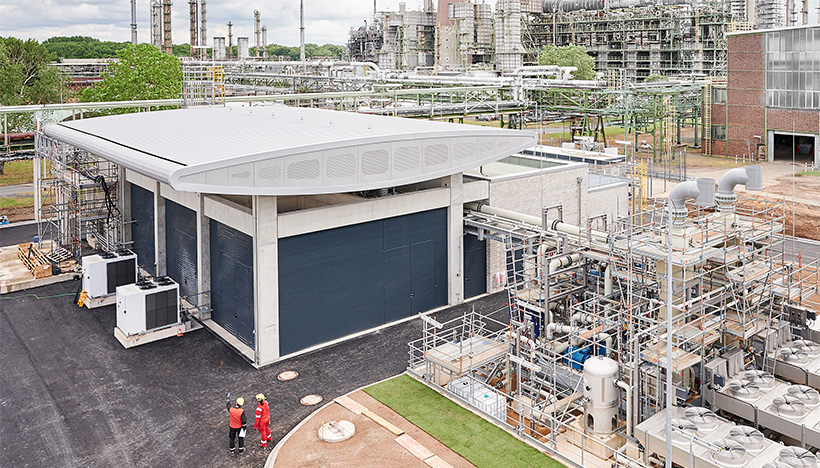
The transport sector accounts for 37% of global emissions, according to the IEA. Biofuels such as sustainable aviation fuel (SAF), biodiesel, bioethanol and renewable natural gas are low-carbon fuels which can be used by customers to reduce their emissions without having to change their airplanes, cars, trucks, or ships.
In 2021, around 9.1 billion litres of biofuels were blended into Shell’s fuels worldwide, around 5.8% of global biofuels consumption, according to figures from the IEA.
Shell and our Brazilian joint venture Raízen, in which Shell has a 44% share, are together among the world’s largest blenders and distributors of biofuels for the mobility sector. Raízen produced 2.5 billion litres of first-generation ethanol in 2021, which is around 2.5% of global ethanol production, according to the IEA. It also acquired Biosev, adding a further 50% to its production capacity. And it took a final investment decision on its second-generation cellulosic ethanol facility, which will have a capacity of 80 million litres and is expected to start operations in 2023.
In the Netherlands, Shell took a final investment decision on a facility to produce 820,000 tonnes of biofuels a year. This facility will be one of the largest in Europe to produce SAF and renewable diesel made from waste, and is expected to start production in 2024. We are considering further investments to produce SAF at our energy and chemicals parks in Germany and Singapore.
As well as liquid biofuels, we are developing the supply of renewable natural gas (RNG). Our newly operational Junction City RNG plant in Oregon is the largest plant in the USA to produce natural gas from agricultural residues, with an annual capacity of 736,000 million British thermal units.
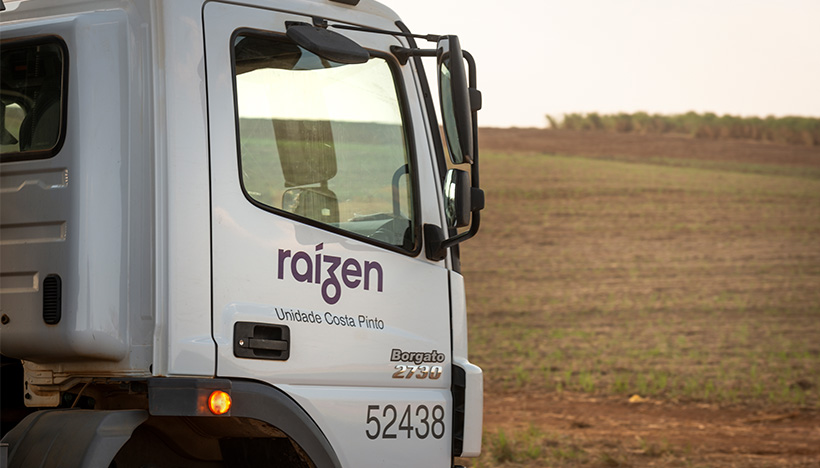
The world will need less oil and gas as it moves to a low- and zero-carbon energy system. This transition is reflected in Shell’s changing portfolio. In 2021, our oil production was 3.9% lower than in the previous year, as a result of divestments and natural decline. It was 7.6% lower than in 2019, when our oil production peaked. We expect our oil production to decline by an average of 1-2% a year to 2030.
We plan to reduce annual spending on exploration to around $1.5 billion between 2021 and 2025. We do not anticipate any new frontier exploration entries after 2025.
We are transforming our refineries into five energy and chemicals parks which will produce low-carbon and synthetic fuels, as well as bitumen, lubricants and chemicals. The transformation of our refineries will help us to reduce production of traditional fuels by 55% by 2030, from around 91 million tonnes per annum (mtpa) in 2020 to 45 mtpa by 2030. In 2021, we reduced our production of traditional fuels to 71 mtpa.
Liquified natural gas (LNG) plays an important role in enabling countries to replace coal-fired power generation with a lower-carbon alternative. We are adding around 7 mtpa of new LNG capacity, which is under construction and expected to be on stream around the middle of the decade. This includes our LNG Canada joint venture and our interest in a new LNG processing unit in Nigeria.







